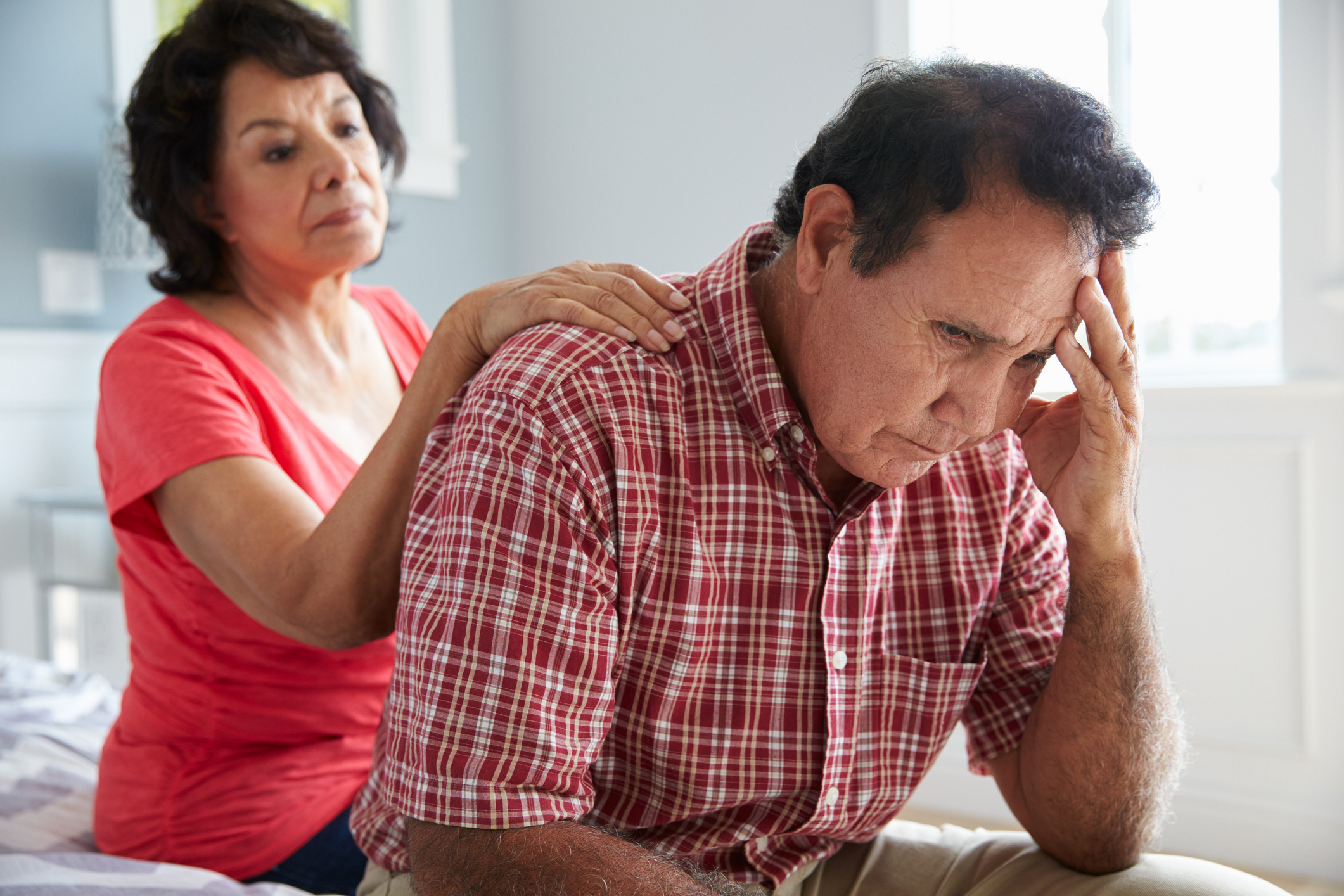In an era when students are taught from a very young age how to respond to the threat of an active shooter in their schools, and a pandemic can shut down normal life for months – even years, it’s not surprising the number of people affected by anxiety disorders has jumped. Recent efforts to destigmatize mental health issues have helped many people, especially young adults, get the support they need to cope with their mental health conditions. But frequently older adults with anxiety don’t get help due to a lack of research and regular screening.
According to a recent Kaiser Health News – Navigating Aging report, the U.S. Preventive Services Task Force has left out people over 65 in their recommendation that adults be screened for anxiety. Although it is well established that anxiety is not uncommon in older adults, and effective treatments exist, the task force has taken the position that not enough is known about anxiety screening and treatment among seniors.
Generalized anxiety disorder is defined as an intense, persistent worry about everyday matters that have been linked with stroke, heart failure, coronary artery disease, autoimmune illness, and neurodegenerative disorders including dementia. But according to a recent JAMA Psychiatry editorial, only about a third of seniors with an anxiety disorder receive treatment. Phobias, obsessive-compulsive disorder, panic disorder, social anxiety disorder and post-traumatic stress disorder are other forms of anxiety that are commonly undiagnosed and untreated among seniors.
Many older adults with anxiety have experienced symptoms since they were much younger, but the concerns of aging may change the expression of anxiety over time. Seniors tend to be more focused on worries about illness, the loss of friends or family, retirement, or cognitive decline in later life. Hoarding and fear of falls are also far more common in older adults. Few adults over the age of 65 develop anxiety without a history of the condition.
Because many older adults also have underlying health problems, some of the physical symptoms of anxiety like shortness of breath, chest pain, fatigue, dizziness, headaches or gastrointestinal issues can be difficult to distinguish as being unrelated to other medical conditions. Healthcare providers may dismiss the concerns of older adults about their anxiety as normal responses to the challenges of aging.
In addition to psychotherapy and relaxation therapy to reduce anxiety in older adults, antidepressants prescribed by mental health practitioners may help seniors with anxiety disorders. Sedating medications like Valium, Ativan, Xanax and Klonopin should be avoided unless all other therapies have failed because they are addictive and can increase the risk of falls and other accidents leading to injuries as well as short-term cognitive impairments.






Add Your Voice
0 Comments
Join the Discussion